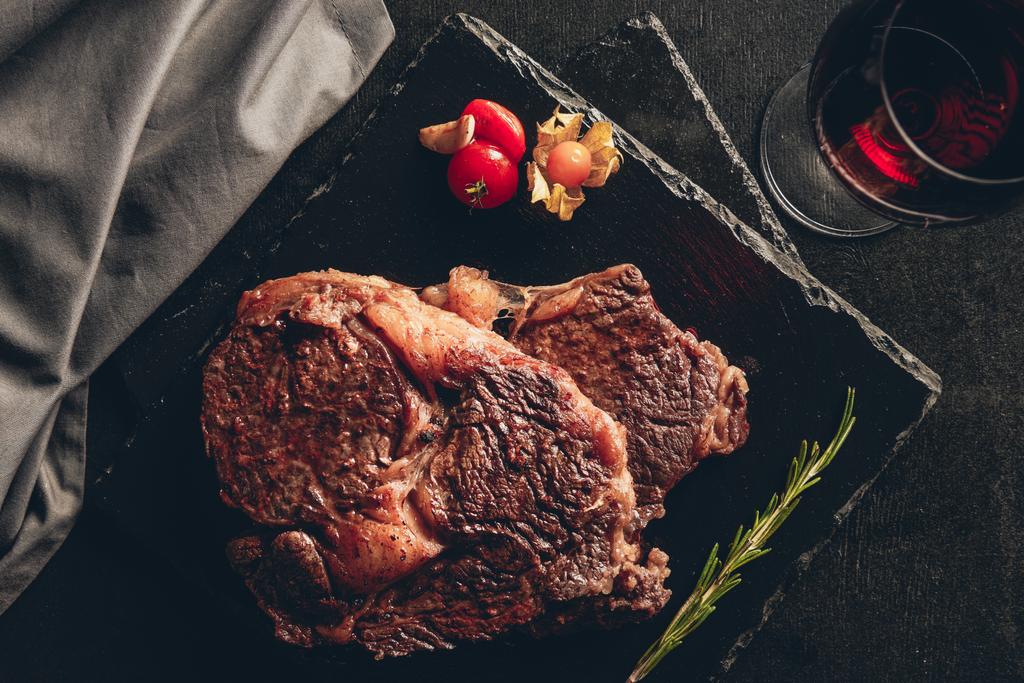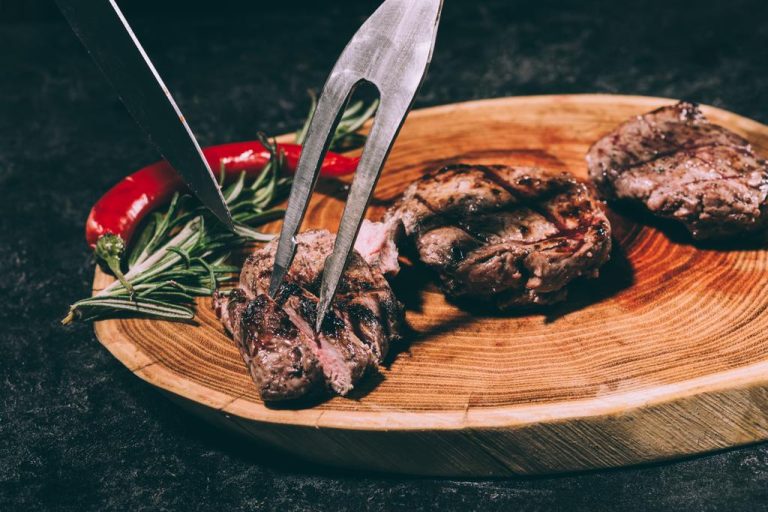More and more people are opting for a vegetarian or vegan diet. 
6 good reasons to give up meat
“Do you have anything vegetarian?” Not so long ago, this question made the staff roll their eyes in some restaurants. In the meantime, meatless dishes can be found on many menus as a matter of course. Vegetarians and vegans are hardly ever looked at askance. Too many people rely on this diet for that. The reasons for this diet speak for themselves.
1. Vegetarian diet is good for climate protection
Those who do without meat ensure lower greenhouse gas emissions. According to a study by the environmental protection organization WWF, around 25 percent of the climate footprint of an average person living in Germany is due to their diet.
Animal products account for the largest share (69 percent). Meat in particular should be mentioned here – beef is the most harmful to the climate – but dairy products should also be given more attention here. “Our current food systems pose one of the greatest challenges to our planet and the continued existence of humanity on Earth,” says the WWF study.
2. Meat consumption consumes a lot of resources
About 15 percent of the greenhouse gases emitted worldwide can be traced back to keeping livestock. Cattle, for example, emit large amounts of methane gas. Alongside the energy sector and transport, industrial animal husbandry is one of the main causes of climate change.
The production of one kilogram of beef, for example, produces a good 13 kilograms of CO2 equivalents, while the figure for fruit and vegetables is well under one kilogram. For the production of one kilogram of beef, up to 16 kilograms of grain are required as feed. “Industrial animal husbandry and the cultivation of animal feed take up 80 percent of all pasture and arable land in the world. In Germany, animal feed alone accounts for 60 percent of the arable land,” writes Greenpeace, for example.
If the arable land were used for the production of plant-based food instead, significantly more people could be fed.
3. Meat production uses a lot of water
Animal products contain much more water than plant-based ones. This is also referred to as “virtual water”, the total amount of water used in the manufacture of a product until it ends up on our plate or in our cupboard.
An example from the organization Peta: On average, 2,350 liters of virtual water are needed to produce a 150-gram beef burger, while an average of just over 150 liters of water is needed for a soy burger. The difference is also extreme when it comes to soy milk: just under 300 virtual liters of water are required for one liter of soy drink, while cow’s milk requires more than 1,000 liters.
4. Eating too much meat is unhealthy
Overall, according to the German Society for Nutrition, Germans eat twice as much meat as recommended by health experts. A quantity of 300 to 600 grams of meat per week would be significantly healthier, i.e. half of the current per capita consumption. Processed meat (sausage, ham) is even classified as carcinogenic by the World Health Organization (WHO).
Meat from conventional husbandry is also often treated with medication such as antibiotics. Anyone who eats a lot of meat therefore runs the risk of developing resistance to antibiotics.
5. Vegetarian diet protects animals
The grievances in factory farming have long been known: farm animals are often kept and killed under cruel, undignified circumstances. Keeping dairy cows is also often anything but animal-friendly.
On the other hand, more organic products in the shopping basket and the consideration of replacing some dairy products with vegan alternatives such as oat milk help.
6. Eating meat isn’t “natural” or “necessary”
People who eat meat and other animal products like to argue that it’s “natural” and “necessary.” But much contradicts this claim: not a few people get sick at the sight of blood, let alone a dead animal body. Dead bodies repel us.
In addition, our tooth structure and the human swallowing reflex have the characteristics of herbivores: We do not “tear” our food and do not swallow it in large chunks, but chew and swallow it, as Geo.de writes, among others.
Conclusion: Vegetarian diet has only advantages
In conclusion, it can be said that there is a lot to be said for a vegetarian or vegan diet. A meatless diet is good for the environment, animals and ourselves.

